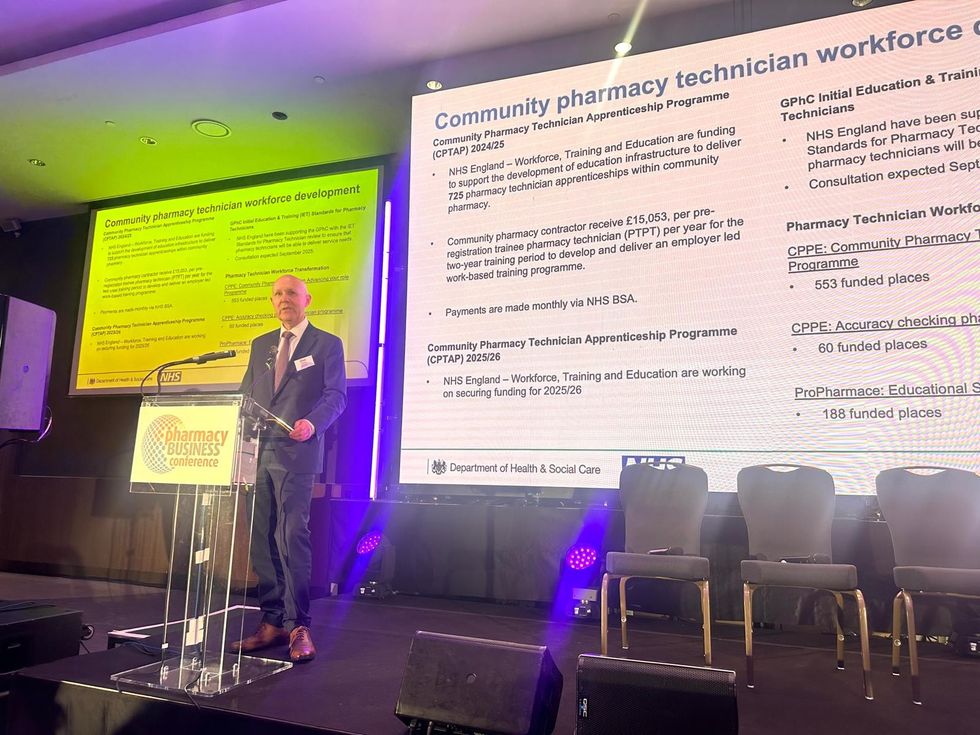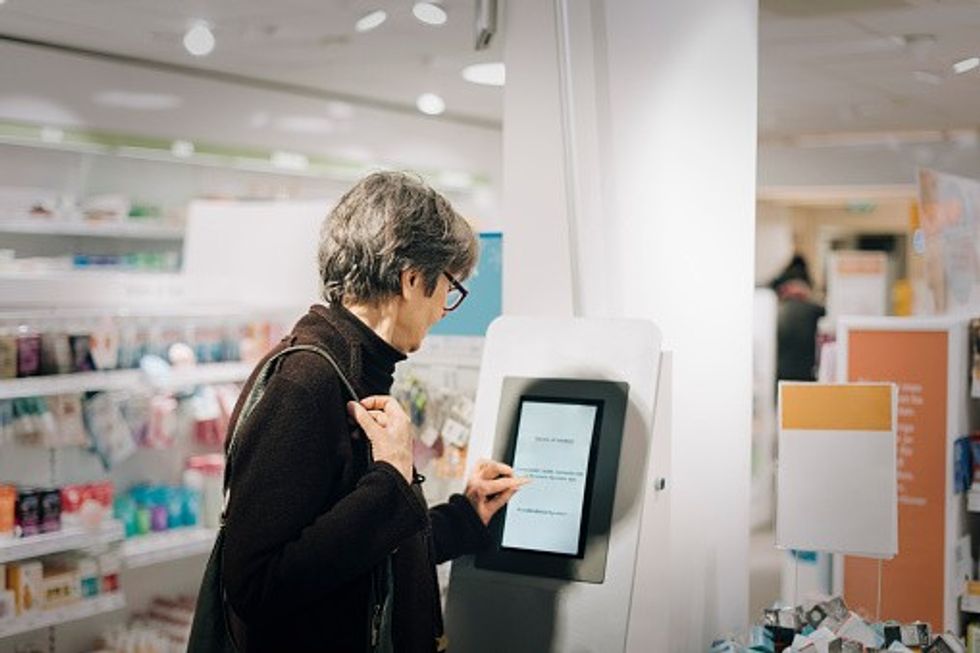Period Leave
PDA NAWP Network highlights the impact of periods on women and encourages employers to create a more period-friendly workplace
“Growing up, I was always told not to talk about my period because it’s embarrassing and might make the people around me feel uncomfortable. I used to ensure that I hide my period pad and felt so ashamed for having a period,” said Ayah Abbass, Clinical Pharmacist and President of the PDA NAWP Network
Ayah is among the eight women pharmacists who have shared their personal experiences with period symptoms as part of a PDA campaign, which aims to highlight the impact of periods on women at work and in day-to-day life.
The latest NAWP Spotlight, ‘Period Matters’ aims to raise awareness of this issue and encourage employers to support people who menstruate, helping them to thrive at work.
Explaining this year’s Spotlight, the PDA NAWP Network noted, “Although so many employees menstruate while at work, there is still a lack of empathy and support that needs addressing.”
The PDA cited a report by the Chartered Institute of Personnel and Development, which found that nearly four in five women have experienced menstruation symptoms, and over two-thirds of those with symptoms have experienced a negative impact at work.
However, only 12 per cent of organisations provide support for menstruation and menstrual health.
Ayah shared that as she got older, her period pain became more intense.
“I also started to experience symptoms that might not be a common symptom of periods but I knew it was associated with my period,” she said, emphasising the importance of sharing personal experiences to raise awareness and promote a better understanding of menstrual health.
She recounted a day at the community pharmacy when she experienced intense period pain, making it difficult for her to stand.
“I had to whisper to my staff that I was on my period! My staff were so supportive and I had the chance to use a hot water bottle and rest.”
“This little action made a huge difference to me! This made me realise, why don’t we talk about our suffering to help make our period journey easier?”
She stressed the importance of discussing periods openly and feeling safe to do so without embarrassment.
The PDA NAWP Network President also strongly encourages employers to provide period products for their staff, noting that unexpected periods can occur, especially in unfamiliar surroundings.
Dimitra Gkiorou, a mental health pharmacist, shared that as a woman working in a busy environment, menstruation significantly affects her professional performance and daily life.
“The physical discomfort, like cramps and fatigue, often presents obstacles to maintaining topnotch productivity while catering to patients' needs. Moreover, the emotional fluctuations inherent in this cycle can influence my mood, interactions, and decision-making during pivotal moments at work,” she said.
Una O’Farrell, PDA National Officer for Northern Ireland, noted that Spain, Japan, Taiwan, and Indonesia have policies allowing women to take paid leaves for painful period symptoms.
However, she pointed out that in Britain and Ireland, there are no concessions for women’s health – whether it is menopause, periods, or other limiting conditions
She underscored that implementing such measures would be “the starting point for making the workplace a nurturing and inclusive space for women to do their jobs.”
However, she emphasised that the finer details of such a bill need thorough scrutiny to ensure that everyone experiencing menstruation or related symptoms can exercise their legal rights without compromising their dignity.
The PDA encourages pharmacists to download this year’s NAWP Spotlight, ‘Period Matters’ and share it with their colleagues and employers.
NAWP Spotlights, first introduced in October 2023 with the release of ‘Menopause Matters’ to mark World Menopause Day, provide a platform for women in pharmacy to share their personal experiences with important issues and their impact at work.
By highlighting the day-to-day experiences of women, the network hopes to normalise these topics and support women by showing them they are not alone.










 Health Secretary Wes Streeting addresses Pharmacy Conference via video
Health Secretary Wes Streeting addresses Pharmacy Conference via video  David Webb, chief pharmaceutical officer of NHS England
David Webb, chief pharmaceutical officer of NHS England Shailesh Solanki, executive editor of Pharmacy Business
Shailesh Solanki, executive editor of Pharmacy Business L-R: Yasmin Karsan, Pritee Panchmatia and Fin McCaul
L-R: Yasmin Karsan, Pritee Panchmatia and Fin McCaul  L-R: Baba Akomolafe, Rachna Chhatralia, Patricia Tigenoah-Ojo and Raj Matharu
L-R: Baba Akomolafe, Rachna Chhatralia, Patricia Tigenoah-Ojo and Raj Matharu L- R: Nicola Stockmann, Robert Townsend, Atul Patel and Amerjit Singh
L- R: Nicola Stockmann, Robert Townsend, Atul Patel and Amerjit Singh Wole Ososami, lead pharmacist at Westbury Chemist
Wole Ososami, lead pharmacist at Westbury Chemist








 A woman using kiosk at pharmacy store gettyimages
A woman using kiosk at pharmacy store gettyimages  Pharmacist examining commissioning machine in pharmacy gettyimages
Pharmacist examining commissioning machine in pharmacy gettyimages